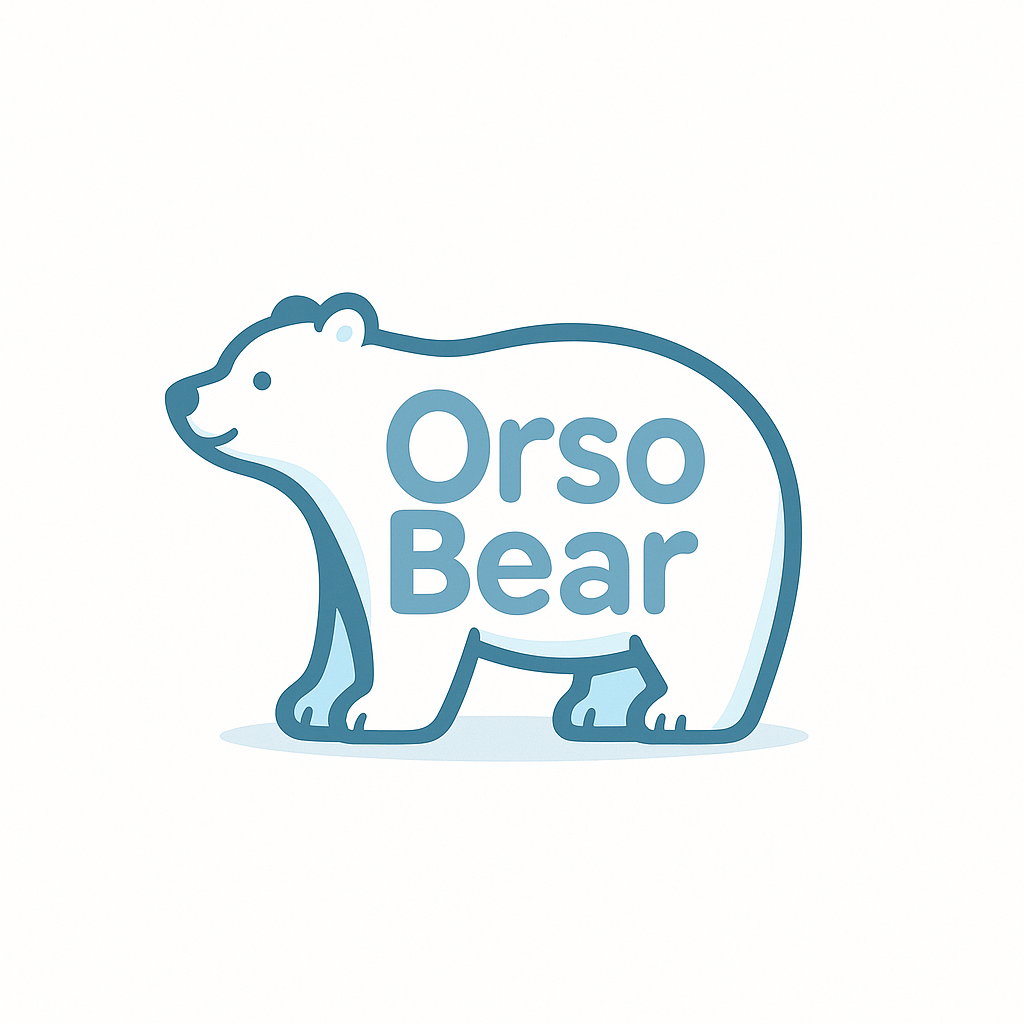Introduction
Artificial Intelligence (AI) is no longer just a buzzword. It is a reality that is disrupting various industries, including marketing. AI has the potential to revolutionize marketing strategies by providing actionable insights, automating tasks, and personalizing customer experiences. So, if you’re a small business owner interested in leveraging AI to enhance your marketing efforts, you’ve come to the right place. In this blog post, we will delve into AI-powered marketing strategies and how they can help you grow your business.
Understanding AI in Marketing
AI in marketing refers to the use of customer data, machine learning, and other computational concepts to predict consumer behavior, increase sales, and enhance customer engagement. Gartner predicts that by 2025, 80% of customer interactions will be handled by AI. This technology can analyze vast amounts of data quickly and accurately, providing invaluable insights that humans alone could not achieve.
For instance, Netflix, a global streaming giant, uses AI to personalize recommendations for its viewers. Their AI algorithms analyze each user’s viewing history, preferences, and behavior to suggest content they might enjoy. This strategy has been quite successful, with 80% of Netflix’s views coming from its recommendation engine.
AI-Powered Marketing Strategies
1. Predictive Analytics
AI can predict future trends and consumer behaviors by analyzing historical data. This allows businesses to anticipate what their customers want before they even know it. For example, Amazon uses predictive analytics to suggest products based on a customer’s browsing and purchasing history. This strategy not only improves the customer experience but also increases sales.
2. Chatbots and Virtual Assistants
AI-powered chatbots and virtual assistants can provide instant, personalized customer service 24/7. They can answer common queries, resolve issues, and even upsell or cross-sell products. According to a study by Juniper Research, businesses are expected to save $8 billion annually by 2022 using chatbots.
A great example of this is Sephora’s chatbot, which offers makeup tutorials, product recommendations, and answers beauty-related queries. It provides a personalized, interactive experience that enhances customer engagement and brand loyalty.
3. Content Creation and Curation
AI can generate and curate content based on audience preferences and behavior. For instance, the Associated Press uses AI to generate news stories, freeing up journalists to focus on more complex pieces. AI can also curate content for social media feeds or email marketing campaigns, ensuring that your audience sees the most relevant and engaging content.
Future Implications and Trends
As AI continues to evolve, it will become an increasingly integral part of marketing strategies. We can expect AI to deliver more personalized and immersive experiences, from virtual reality shopping to AI-generated content. According to a report by Adobe, top-performing companies are more than twice as likely to be using AI for marketing (28% vs. 12%). This suggests that early adoption of AI could give businesses a competitive edge.
Conclusion: Key Takeaways
AI is transforming marketing as we know it. It allows businesses to understand their customers better, predict future trends, automate tasks, and deliver personalized experiences. Small business owners can leverage AI to enhance their marketing strategies and drive growth. However, as with any technology, it’s crucial to use AI responsibly and ethically, ensuring that customer data is handled with care.
As AI continues to evolve, businesses that adapt quickly and embrace AI-powered marketing strategies will likely stay ahead of the game. So, are you ready to take your marketing to the next level with AI?




